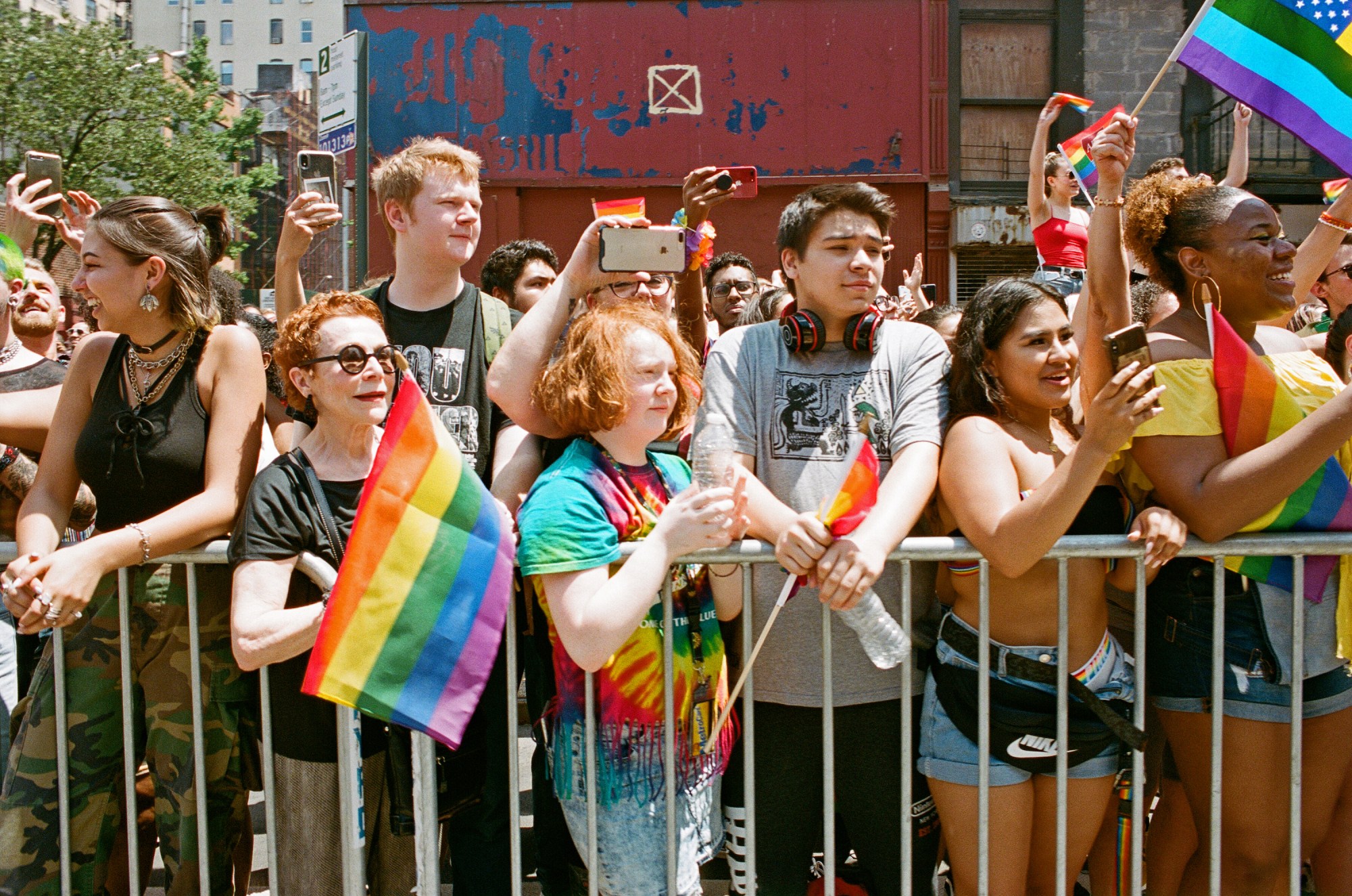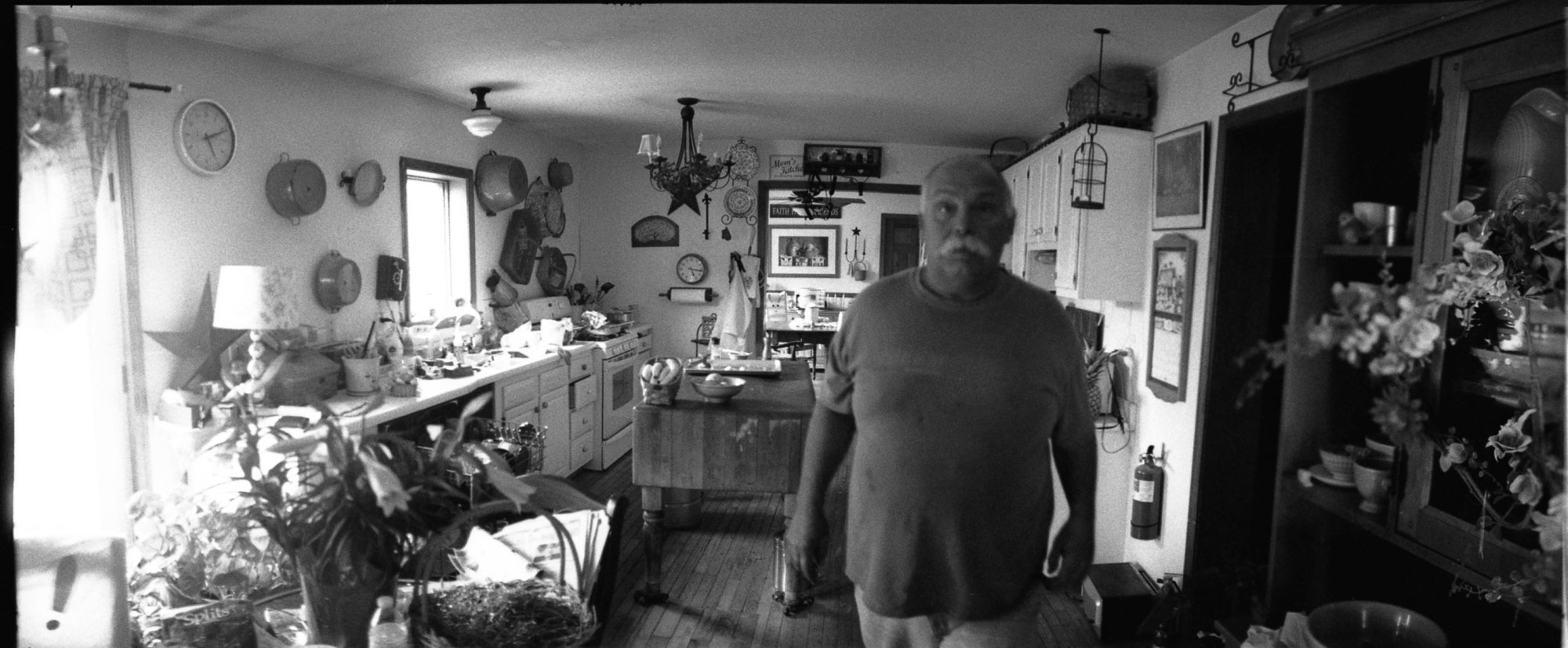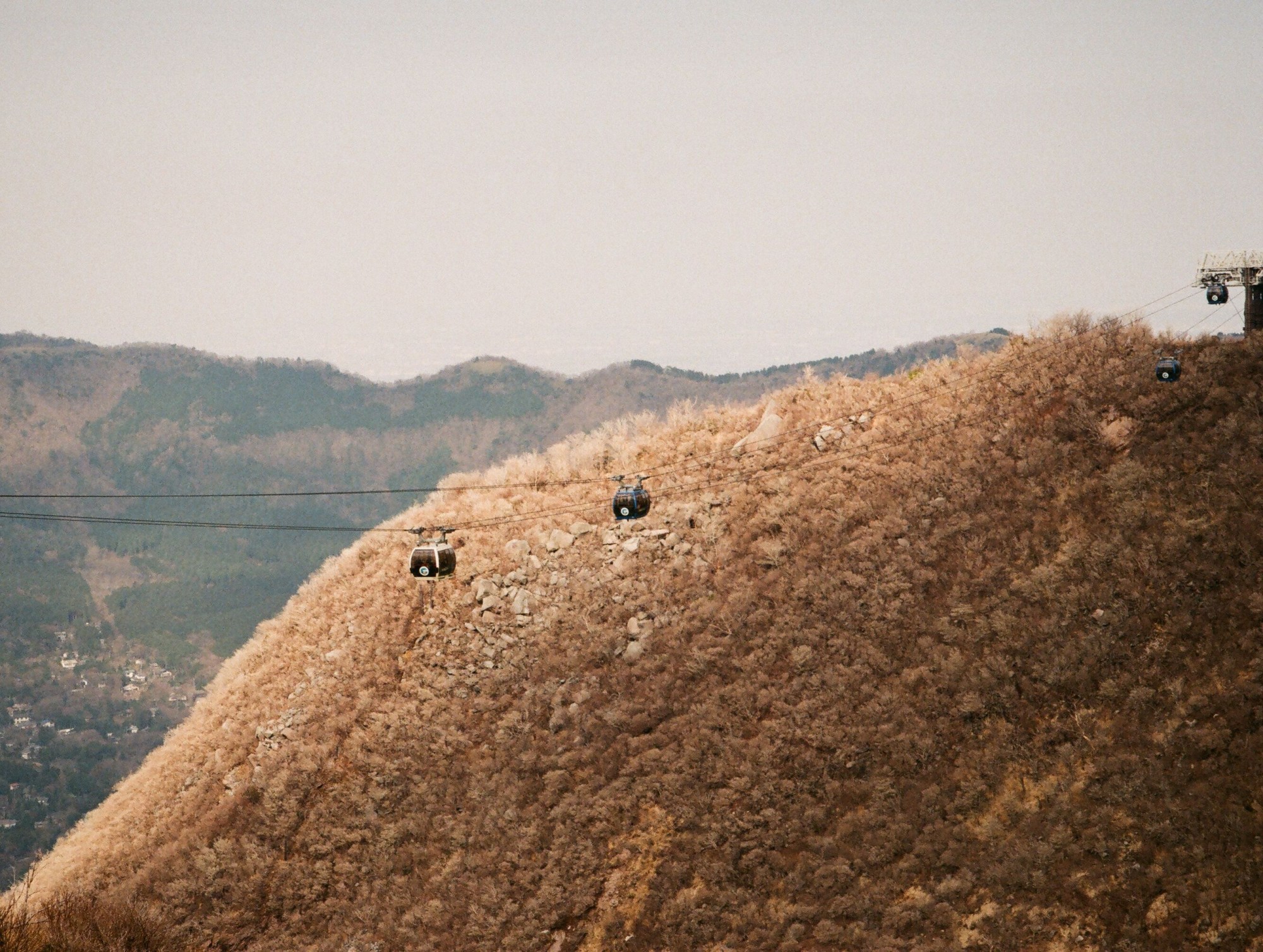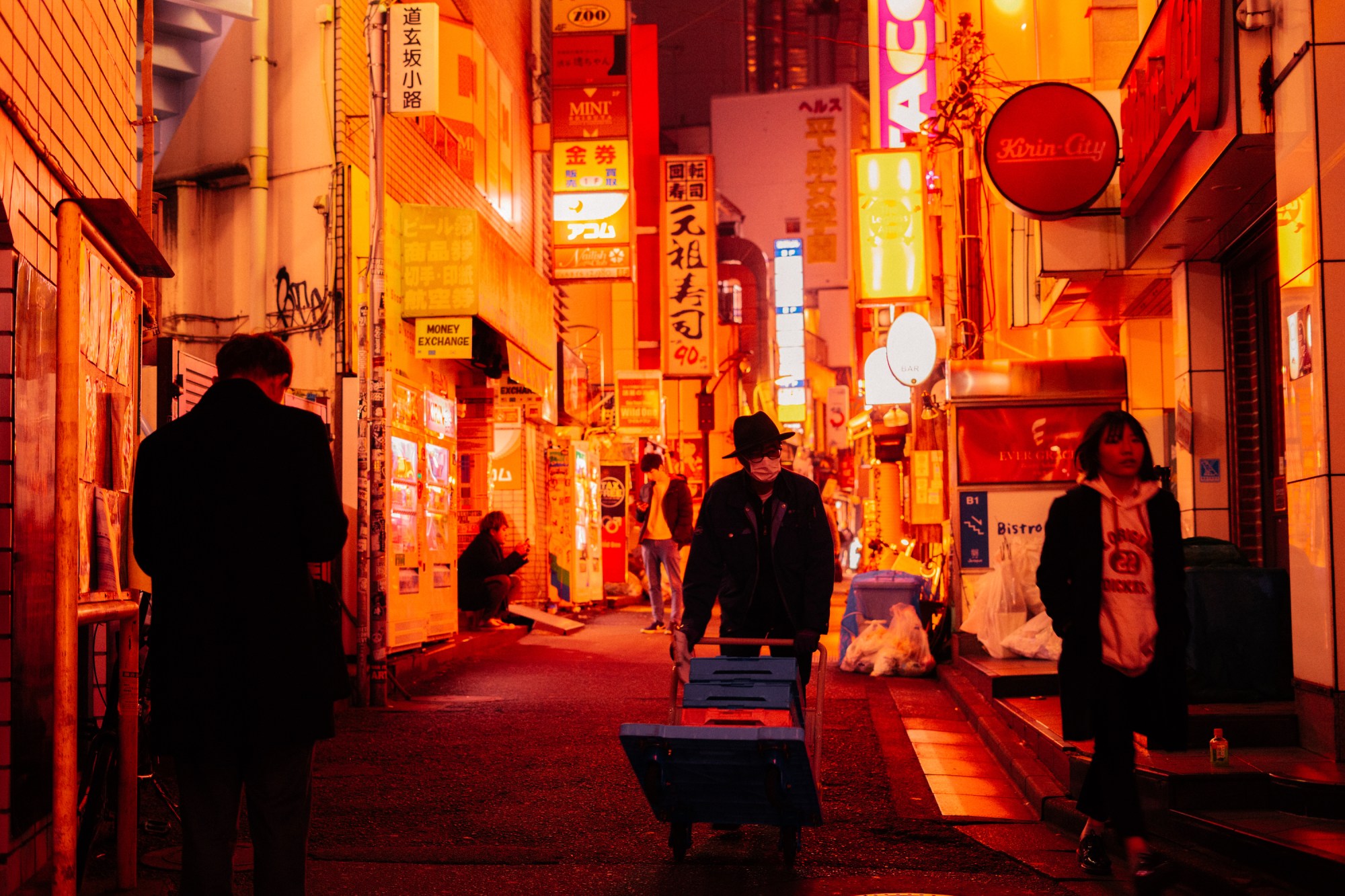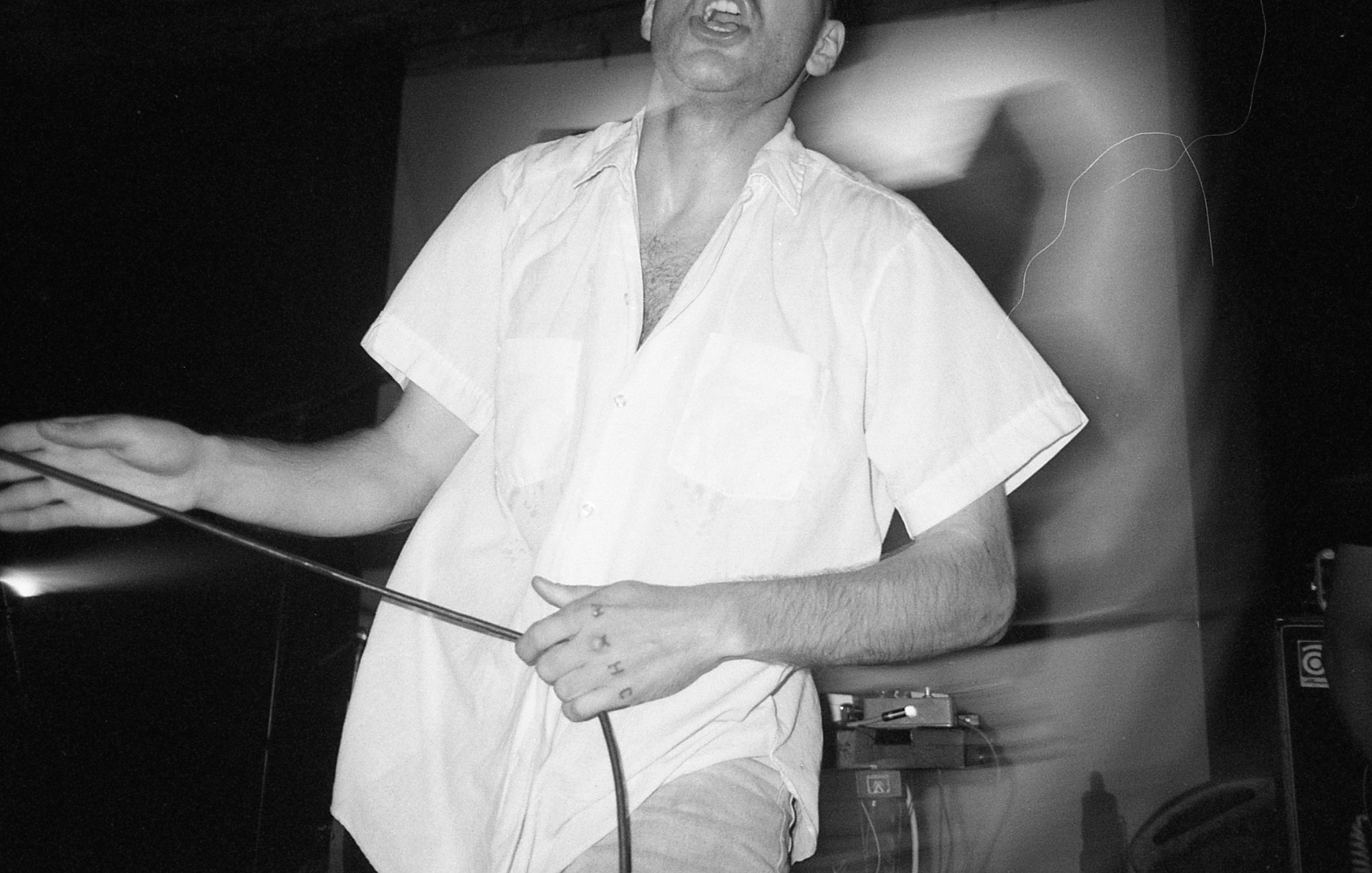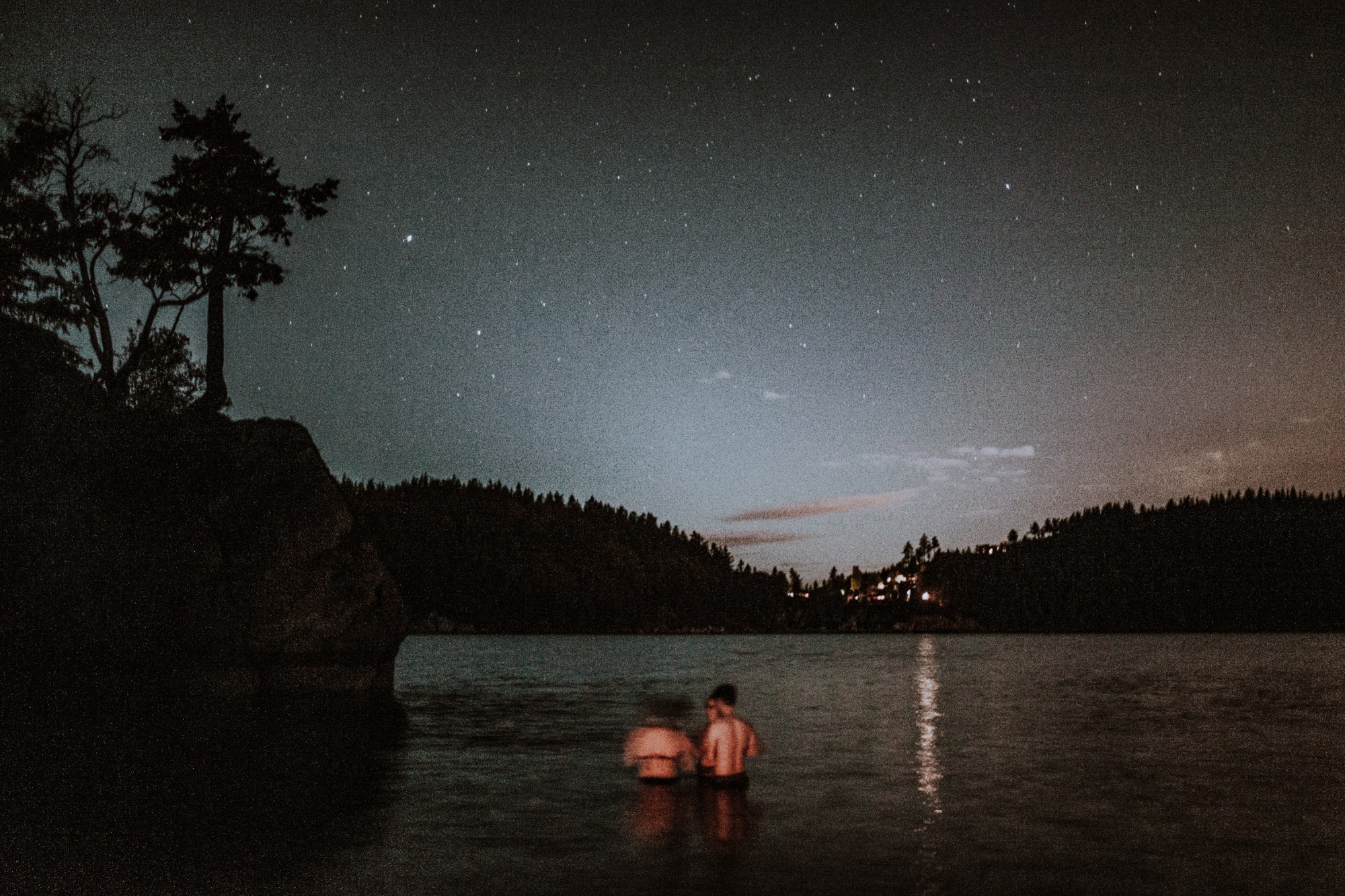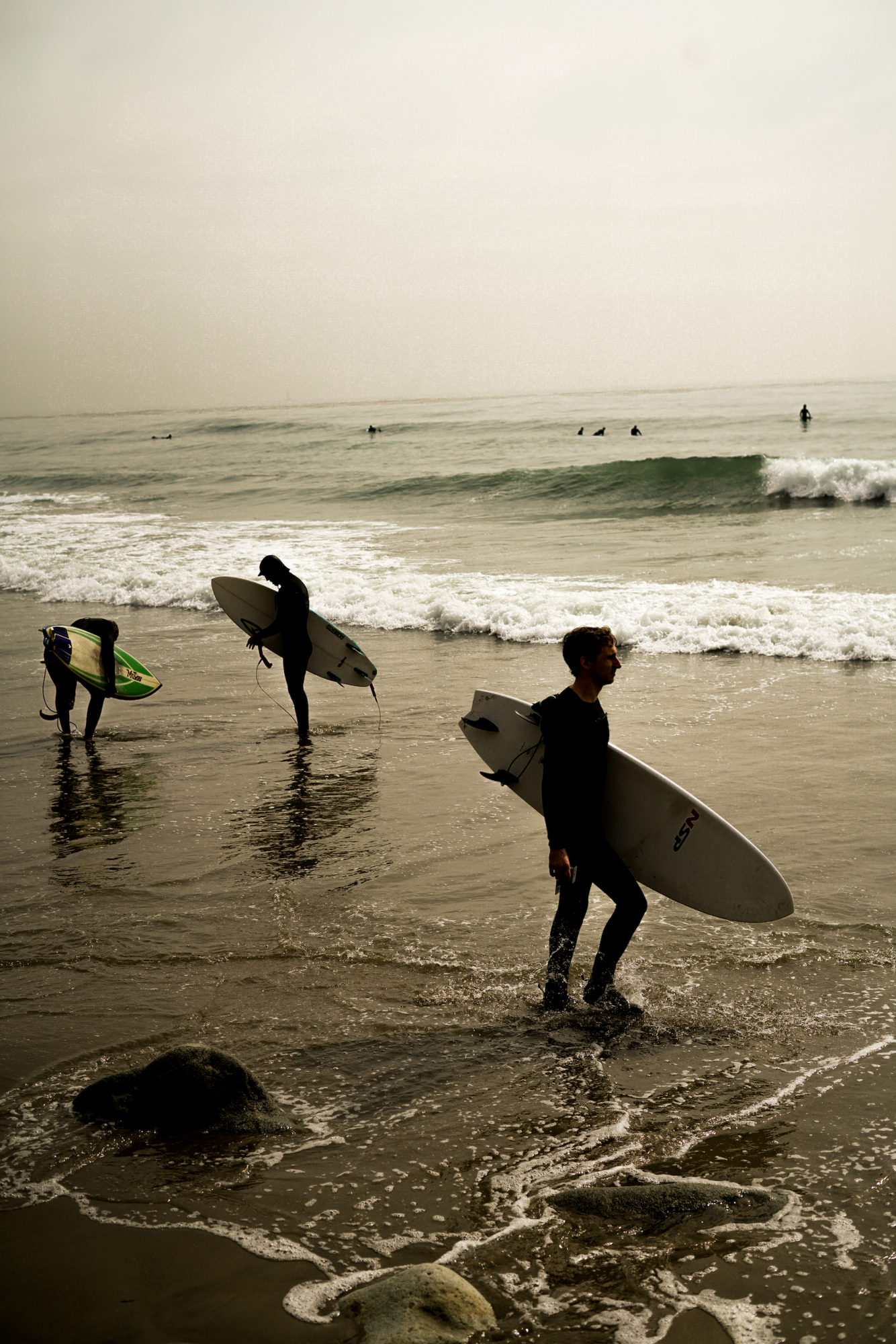Creatives often thrive off real-life connections — whether it be musicians invigorated by their audiences or photographers inspired by their subjects. Yet for Benjamin Lieber and Eric Soucy, who are both these things, the coronavirus wasn’t going to stop them from making art. In fact, with their careers on hold, they decided to redirect their energy to fundraise for the people most affected by the current state of the world, collating new work from one hundred artists around the globe in their photo book Not Me, Us. “Working together can’t be taken away from us,” says Lieber, “that sense of togetherness and liberty of creative expression.”
The name of the project is a reference to Bernie Sanders’ political campaign slogan, which promotes empathy and compassion for your fellow person. “That [message] is what this book is about,” says Soucy, who outside of his artistic career is involved in political activism and community organising with the Democratic Socialists of America. He moved to New York after Trump’s election to document social movements in the city. “When you volunteer for them, you meet so many people, all local activists who are excited to get you involved. It doesn’t matter who you are,” he explains. Not Me, Us is the same. “It’s about community. We wanted to give people an avenue to use their art to do something good.”
All the proceeds from Not Me, Us will be donated to One Fair Wage, which helps gig workers affected by the unprecedented hardship that’s resulted from the coronavirus crisis. They’re raising money to provide emergency cash assistance of $213 (a nod to tipped workers’ current minimum wage of $2.13) for delivery drivers, restaurant workers and other service employees that have been affected.
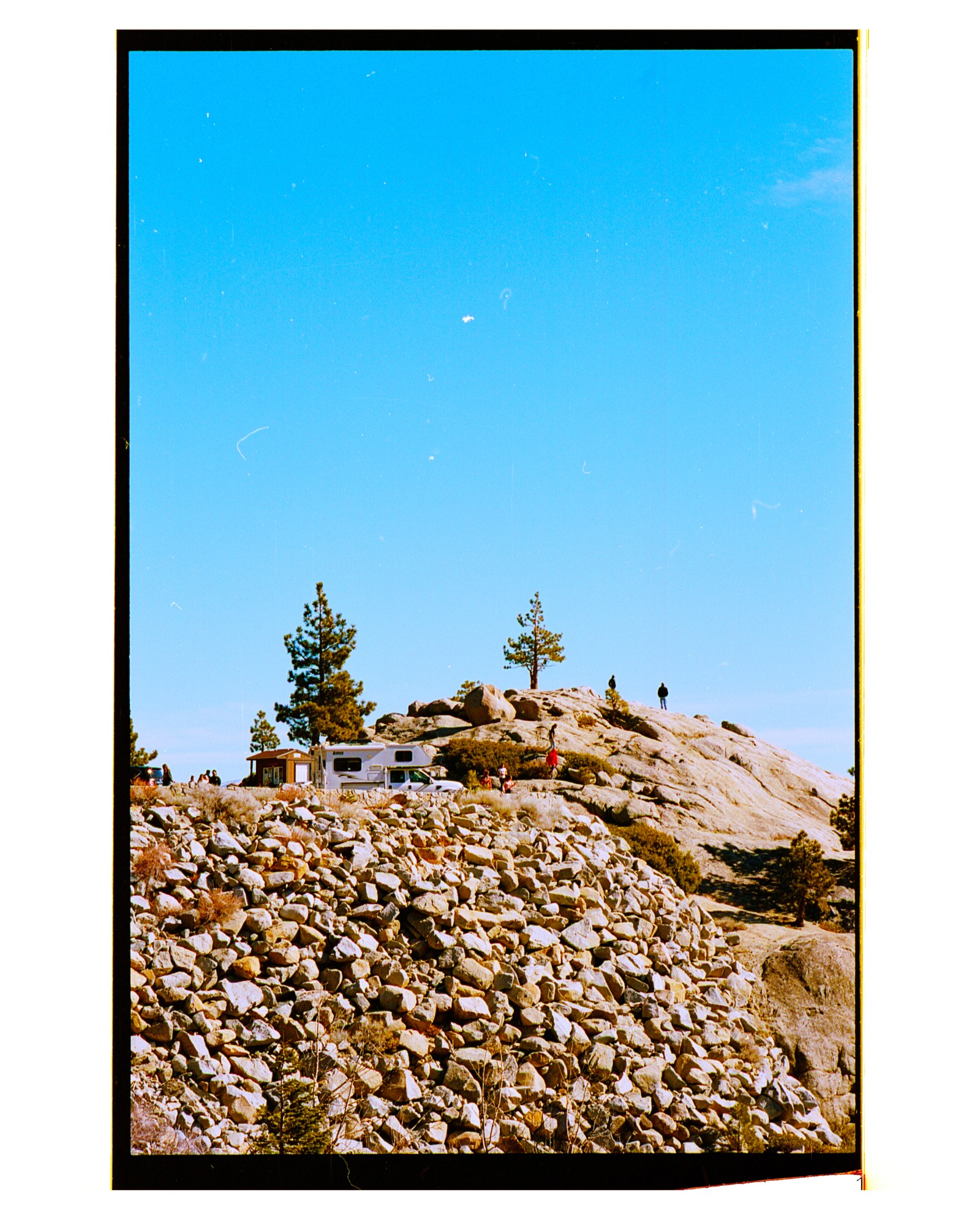
In the last month alone, more than 22 million Americans have lost their jobs, as the coronavirus pandemic rips the economy apart. For freelancers and those working in the gig economy, like many of the artists featured in this book, much of their work has evaporated. They are sitting at home during quarantine in isolation worrying not only for their health, but also how they will pay their bills. “It’s tough for freelancers because our work is so dependent on a positive economy,” says Soucy, whose last job was on March 12.
“I’m trying to maintain some sort of sanity through it all, and not just get completely consumed by desperation,” Lieber adds. “It really helps to just shut things out, put blinders on, and make some art. For me, that is taking photos, it’s writing music, it’s working on a project like this with other people. This was something that, while New York City was literally lighting on fire, Eric and I were able to use to turn off for a little bit… It was a reason to get up in the morning.”
When Italian-born photographer Chiara Zonca was approached to participate in the project, she was already very aware of the scale of this pandemic because her family in Milan had been living it first-hand for weeks. “The creative community has been deeply shook by this crisis,” she says. “All of a sudden it felt as if we were lacking purpose, being confined and isolated by global lockdowns and travel restrictions. Projects like this book are incredibly important because they give the artists a chance to come together and join forces for a great cause.”
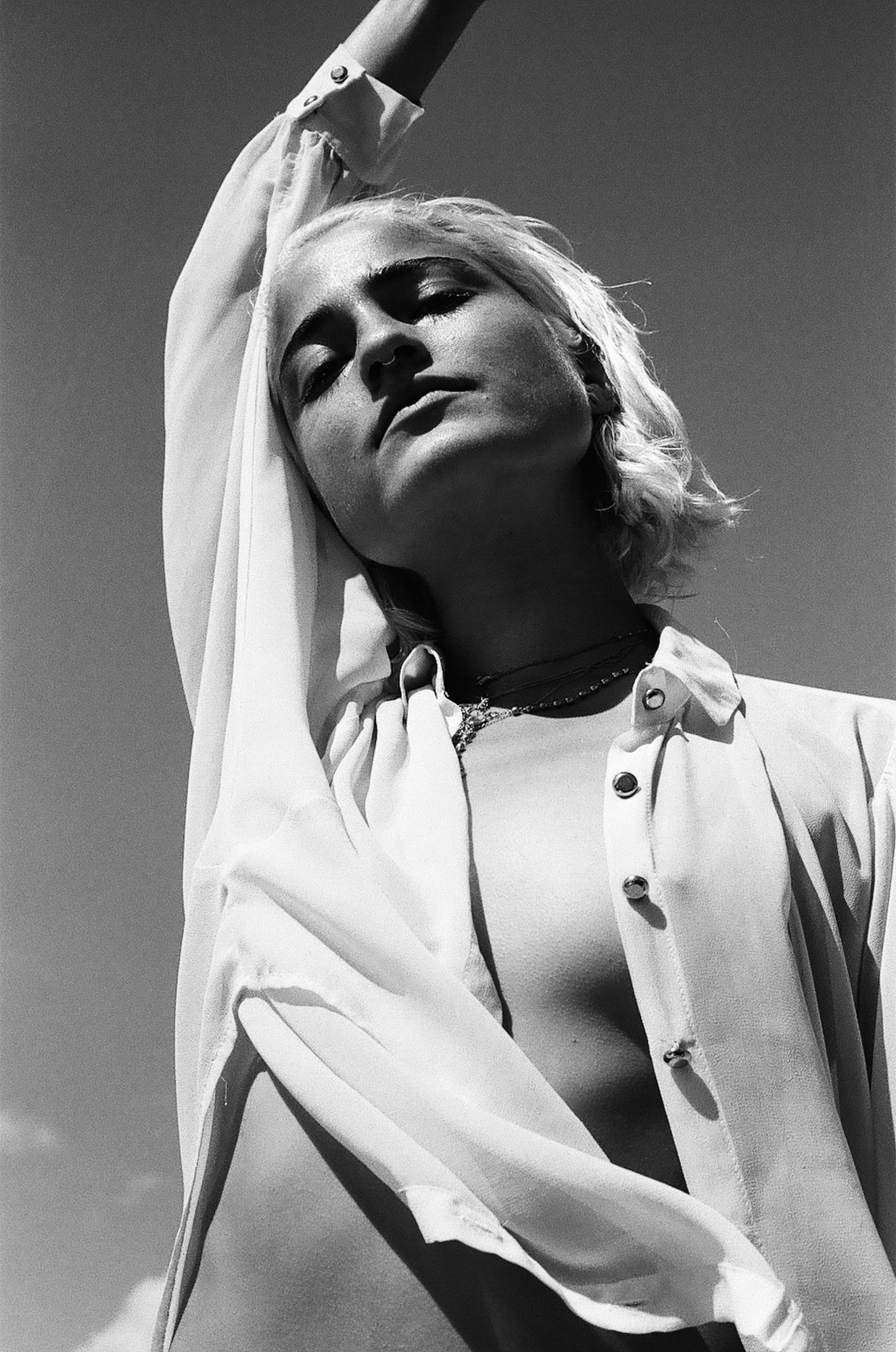
“Navigating the photography and art industry can sometimes be a pretty competitive and isolating experience,” she adds. “It’s heartwarming to see the community helping each other through extremely difficult times. I feel this attitude is exactly what we need to move forward right now, as well as after this crisis is over.”
That sense of unity is at the heart of this book. Shots by Ryan McGinley and that of music photographer Matty Vogel — who recently captured Billie Eilish’s tour — sit beside contributions from lesser-known names. “There really wasn’t any exclusivity,” says Lieber. “They might not make a living at it,” Soucy adds. “But what I want people to take away is that no matter who you are, your work is very important.”
The editors encouraged the contributors to submit anything they wanted under the open-ended umbrella theme “Not Me, Us.” So rather than selecting their best work, many, including Eric Soucy, Ryan Scott Graham, Rebecca Lader, Dieter Unrath and Brett Ballachino, chose images of the people that meant the most to them. “I think it really reflects the amount of love that goes into this project, and the amount of sincerity that underlies the whole idea,” Soucy says. He chose an androgenous image of his friend Gabrielle on a rooftop in New York. She has her shirt unbuttoned with sunlight hitting her face. “It’s just about being whole,” he explains. “There’s zero stress. It’s about being simple and complete.”
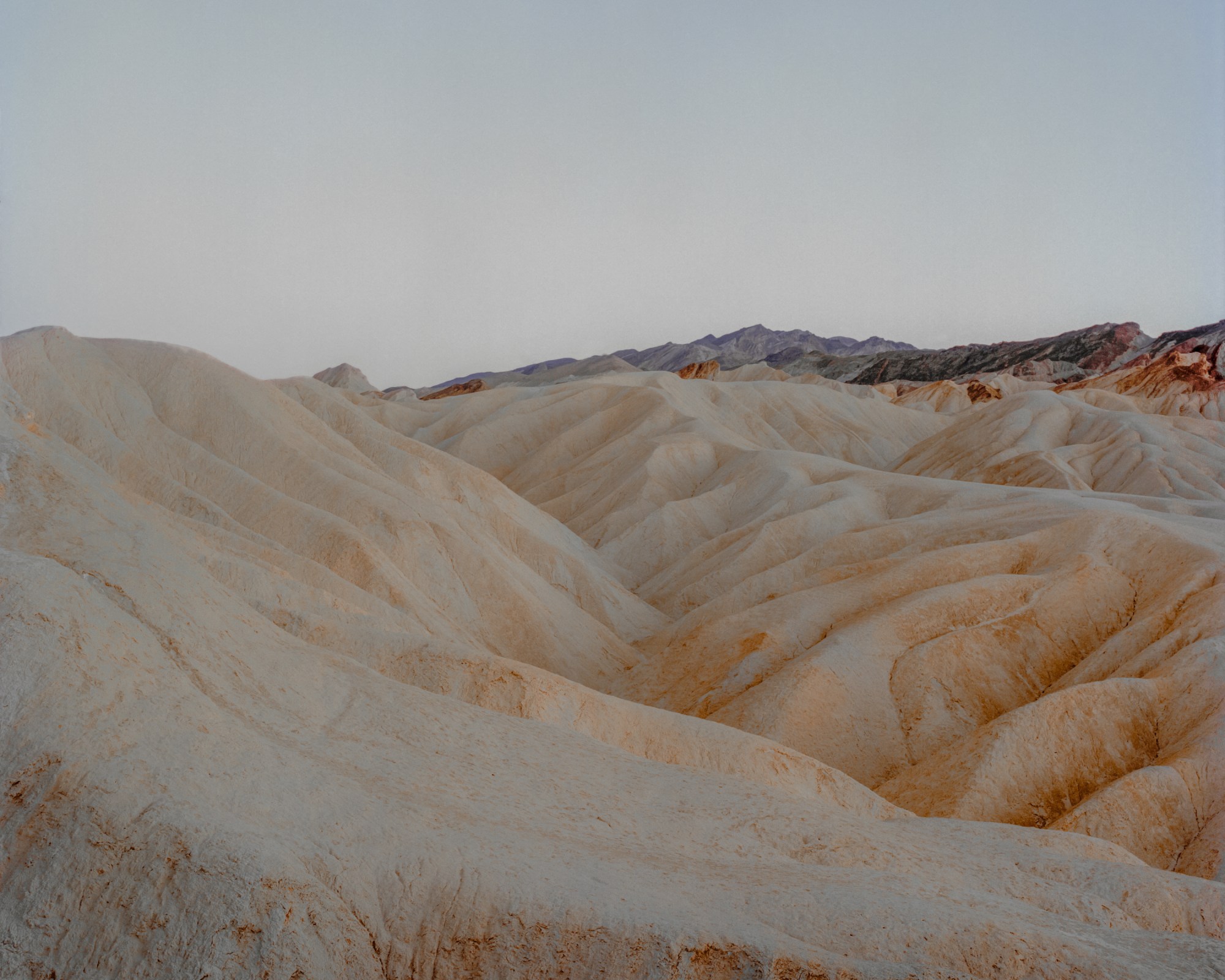
Los Angeles-based director and photographer Grant Spanier contributed a pair of images that his sister Madeline helped him produce. They’re titled “Things Are Looking Up” and capture one of his closest collaborators, the model Cheeno Grey. “Though they may not scream ‘optimism,’” he explains, “like a lot of my work, I think this underlying sense of melancholy can be transitional. There’s real opportunity in marinating in these feelings, dancing with them and remembering that ultimately things are looking up.”
“It’s becoming clear during this new normal that art isn’t something that disappears on modern humanity’s hierarchy of needs,” he adds. “It’s the thing we turn to, to help us escape, or understand or process. To feed our souls when everything feels confusing and dangerous and uncertain.”
Others offered up images of more joyful times. Kelsey Hunter Ayres, for example, submitted photographs that captured the raw energy of New York’s music scene that she shot on her 35mm film camera. Ayres hopes the photographs and the book as a whole will provide a sense of relief and motivation at this time: “Relief in understanding that our community is still here, motivation to keep the community strong and to collaborate and help each other more often. To me right now, the book means a way of playing a part in helping, during a time where it’s really hard to help each other.”

Compiled not thematically but, Lieber says, by “abstract feelings, like colour tones and energies,” Not Me, Us, opens with vibrant, sunny, colourful images of people and landscapes. These transition into portrait studies that are more dark, edged and graphic. Then shift into documentary photographs, including images by Sasha Maslov, who was the first photographer Lieber apprenticed with when he moved to New York. Maslov contributed images of Civil War reenactments to the book that are from a project Lieber helped him research in 2018. “To see the project come together and then be a part of our project that I put together was really cool,” Lieber says.
The photographs aren’t trying to make a political or social point at all, but rather exist for art’s sake. Lieber chose two photographs taken on film of Lake Tahoe in California, where he visited at the end of February with his girlfriend. “It’s one of the most beautiful places in this entire country,” he says. “We experienced an immense amount of freedom and immense amount of beauty and happiness, in just feeling the earth and being outside and travelling. Having gone from that to now, we’re stuck inside with all of this going on. It’s been really dichotic.”
The 200-pages worth of images are bound together by an illustration by Laura Supnik, threaded together with titles written in Frankie Ruggiero’s impeccable handwriting and introduced by Keagan O’Brien. She writes that “there are moments in history when people must come together to overcome tremendous odds that can challenge our values, our morality and our purpose.” It catalyses a book that inspires people to take action in things they believe in, and prove that we don’t have to be famous or have money to make a change in our community.
“Besides a way to raise money, this book is a collective expression, a stream of consciousness and an artifact in a lot of ways, as is anything that is being produced right now,” says New York-based photographer Sabrina Santiago, who contributed an image of New York Pride to Not Me, Us. A piece of work that is all the more poignant now that Pride 2020 has been cancelled for the first time in history. “We’ll look back, whether that is right when this all ends or years down the road, and we’ll be able to see what spoke to us, what comforted us and what made us stop and think.”
